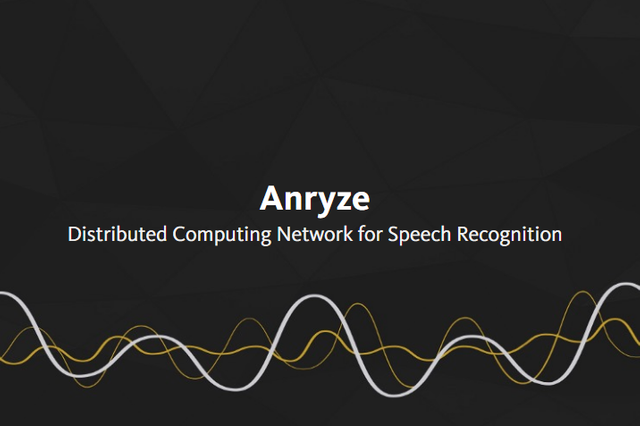Why does our Speech Recognition System have to be distributed?

I was recently asked whether we are implementing a distributed speech recognition system due to current trends. Distribution and decentralisation are trends, for sure. But that’s not why we’re doing it this way.
Continuing the topic of how we came up with the idea of Anryze Distributed Speech Recognition System, let me say a little more about distribution. When I was talking about the high cost for this kind of service from big corporations, I didn’t mention how we were going solve it. Creating our own, innovative SR engine that will be better than the others doesn’t necessary mean it will be cheaper, right? However, that was always one of our main goals.
So, back when we were looking for a way to make it better, we were also looking at how to make it cheaper. At that time some good friends of ours were running a Kickstarter campaign and we were at their office on its last day. The project had already collected more than they needed to start and we were having a few beers, talking and looking at the screen displaying the rising totals of funding and backers. I was thinking, how cool is this! These guys could have spent months trying to convince venture funds they needed this amount of money, that they had the traction, and so on, but here was the power of the crowd! Crowdfunding really makes things happen! But wait… ‘Crowdfunding’. Is there such a thing as crowdprocessing? There might be.
After that night we gathered with the team and started a brainstorming session. Personally, I’m not a developer or a data scientist, so when I came out with the idea of crowdprocessing, a second later I put out the argument that it may not be possible: high volumes of processing won’t work on laptops, PCs or cellphones, since there is not enough power. And then Mike stepped onto the spotlight:
‘True, but how about miners?’
‘What miners?’
‘Those crypto-money miners, dude! Keep up!’
The team sat thinking quietly. This might really work! Those guys have such damn powerful processors, they could work with really huge volumes of data and there would be no risk of losing it for any reason. We started to search for information on how it worked and found several projects that operated on a decentralised model, though they were at the conceptual stage only.
So, we started to think about algorithms for our own decentralised data processing. We kept the basic principles used by blockchain technology but needed a new way to distribute requests between miners.
We are still in that process, but everything looks very promising at this point. Anryze will be the world’s first peer-to-peer speech recognition system. That means anyone can upload a file or send a link for the source audio, pay the required amount and receive their results in minutes. A file uploaded to the system starts is broadcast across the Anryze ‘universe’ looking for available processors. Once it finds one, the magic happens.
This approach is very effective in reducing costs. How is that possible? Primarily, it’s because all operations are distributed, meaning that nobody has to pay a permanent team of developers — all the processes run automatically between users and miners. Anryze just supports this.
So again, I encourage you to read up on the details, written by our data scientists (these guys are smart as hell), in order to delve deeper into it all. I also encourage you to ask questions, propose any ideas you have, offer your services if you think there’s something you can bring to our team, cooperate, collaborate, and so on. We’re always open.